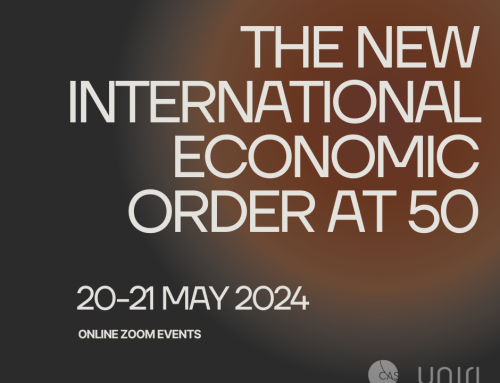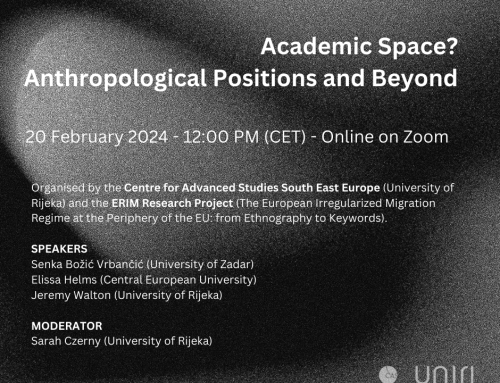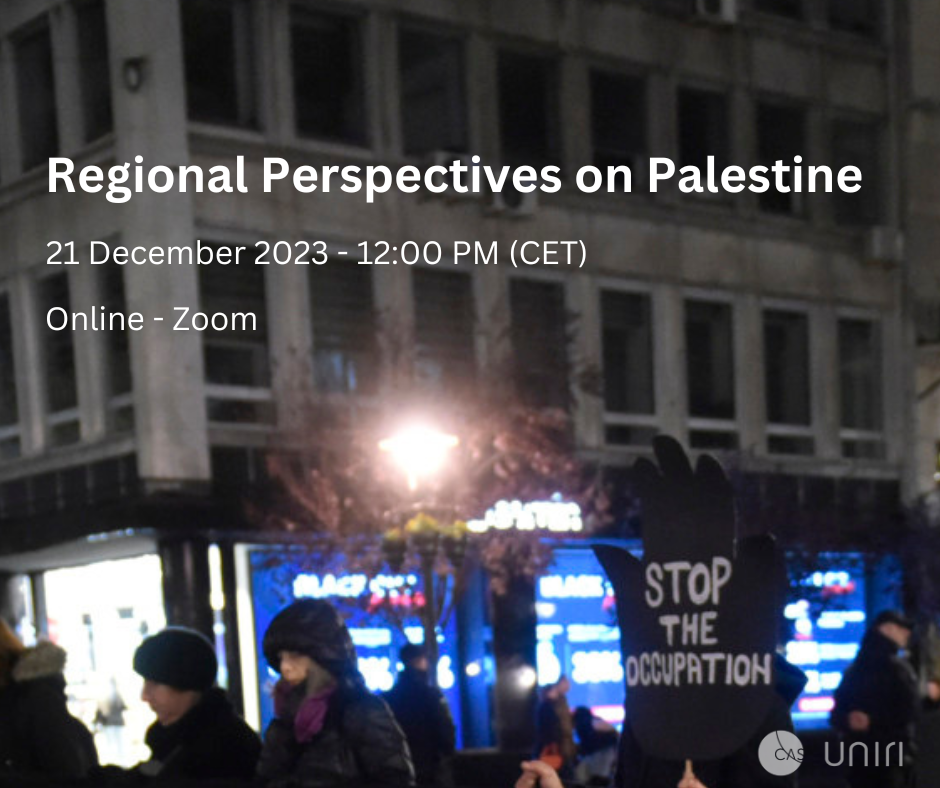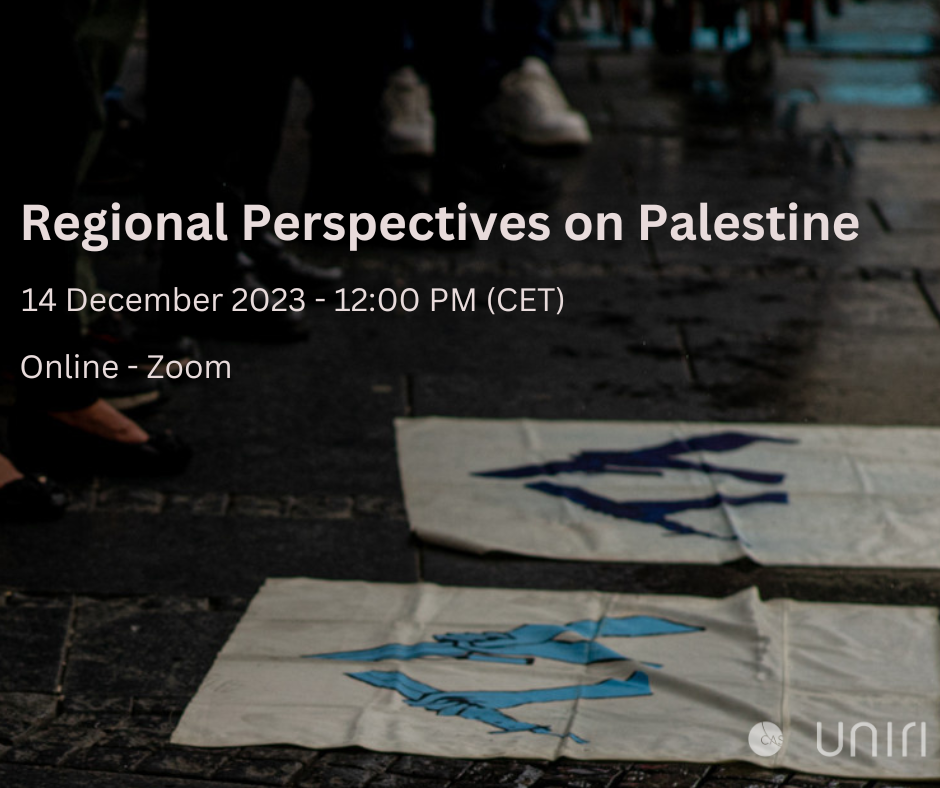The “Wall”: Ontology, Politics, Culture
“In my presentation I’ve shared with colleagues and participants the current stages of my research project. I divided the presentation into three parts, namely the three point of views of my approach to the issue of the wall.
The first one is an ontological point, and I consider it the very theoretical grounding of the entire research. The wall is something that exists in the world, so it concerns with the ontology, the science of the being. But at the same time the wall is an artifact, an object existing in a social world, and its existence depends from the human hand that modifies a natural object. Thus, one of the privileged points of view for better understanding the issue of the wall is the social ontology. Therefore, I’d like to provide a clear definition of “political wall” based on the concept of “artifact”, discussing arguments and positions of authors such as Maurizio Ferraris, Diego Marconi, John Searle, Barry Smith.
In the second part of the presentation, I showed how and why such a research should deal with the political issue of the wall. Indeed, the increasingly growing of material borders all over the world shows us that walls are a global phenomenon that merit a careful and deep analysis. For this reason, french scholars Florine Ballif and Stephane Rosiere coined a neologism, teichopolitics (from the ancient greek teichos, the wall of the city) in order to define the politics of building walls at the statal borders for various security purposes. In this part of the presentation I’ve focused on the fundamental working principles of contemporary teichopolitics, namely the materialization of borders as a visible persistence of statal power (as Wendy Brown argues in his famous book Walled States, Waning Sovereignty), and the problem of the “regime of mobility”, which is a new global hierarchy based of different mobility potentialities.
In the third part, I have argued that a teichopolitical regime can work only through a specific cultural discourse on the “other” as a dangerous figure. Indeed, the teichopolitical logic is complementary to what, for instance, Ronen Shamir has defined the “paradigm of suspicion” and Ulrich Beck a “risk society”. In order to deconstruct the teichopolitical logics and its cultural “condition of possibility”, we need to rethink our political categories, and especially the fundamental figure of our time: the migrant.
At the end of the presentation, I have sketched out some possible next stages and developments of the research.”





